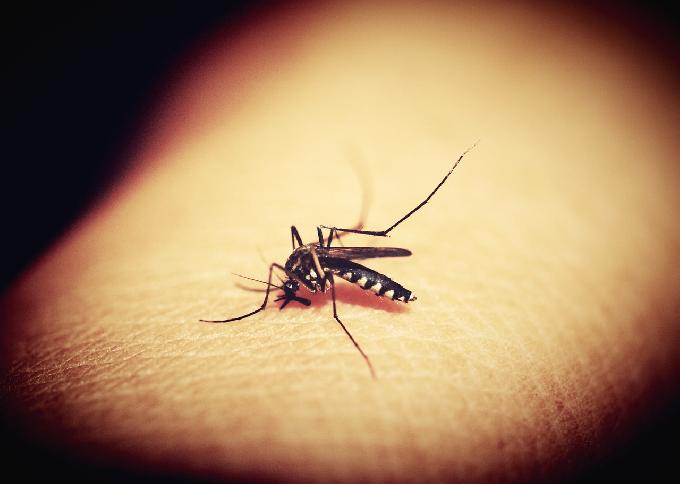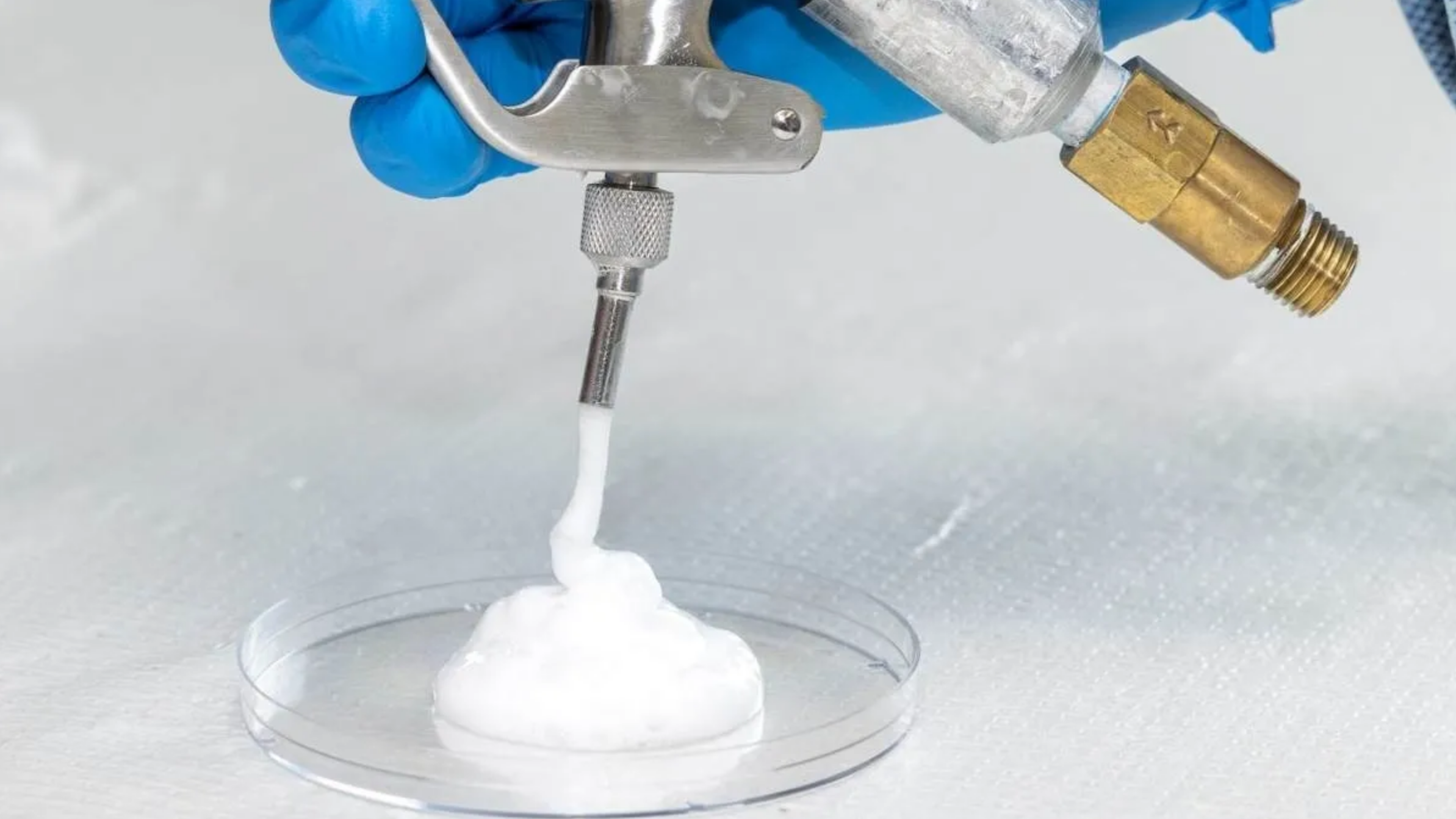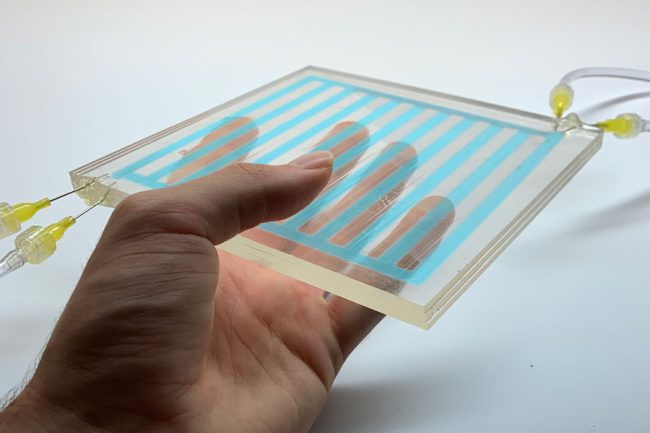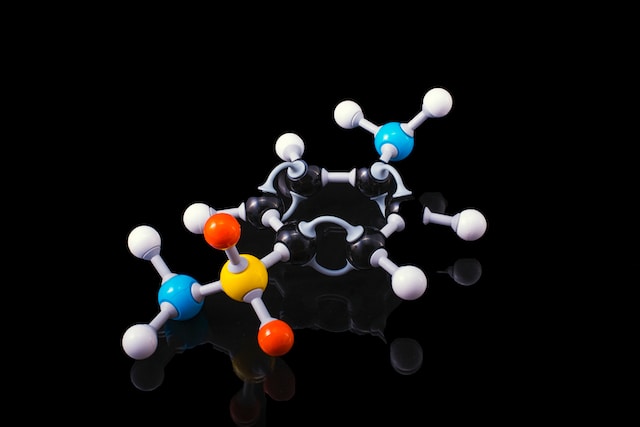Malaria is a severe and potentially fatal disease. Nearly half the world’s population lives in areas at risk of malaria transmission. According to WHO, 627,000 total malaria deaths were reported worldwide in 2020.
This fatal disease is caused by parasites deposited by infected mosquitoes into the skin and bloodstream of humans. Once there, it travels to the liver, where it multiplies and spreads.
Currently, Mosquirix (RTS, S) is the only malaria vaccine recommended by the World Health Organization (WHO) for children in sub-Saharan Africa and other regions. Some drugs are also given in combination with other drugs in frequent dosages as another treatment option.
For years, scientists have been working on developing new ways to treat and eradicate malaria
Now, laying the groundwork for a new tool to prevent and eliminate the parasitic disease, scientists at the National Institutes of Health have successfully developed a laboratory-made antibody.
The antibody called a monoclonal antibody can neutralize the disease-causing parasite before it can infect the body.
Scientists created the monoclonal antibody from the blood of a volunteer who received a malaria vaccine in the trial. This antibody was then modified to expand the length of time it would stay in the bloodstream.
The modified antibody, called L9LS was given to 17 healthy adults in the U.S. to test its efficacy. It was found that L9LS fully protected 15 of 17 (88%) participants from malaria infection during the 21-day challenge period.







